What You Have to Know About Living In China as a Vegan or Vegetarian
OK so what you think is…
Being vegetarian or vegan in China isn’t possible.
Guess what! Living in China as a Vegan or Vegetarian is absolutely possible!
Let’s kill the myth and show you living in China as a Vegan or Vegetarian is easier than you might think!
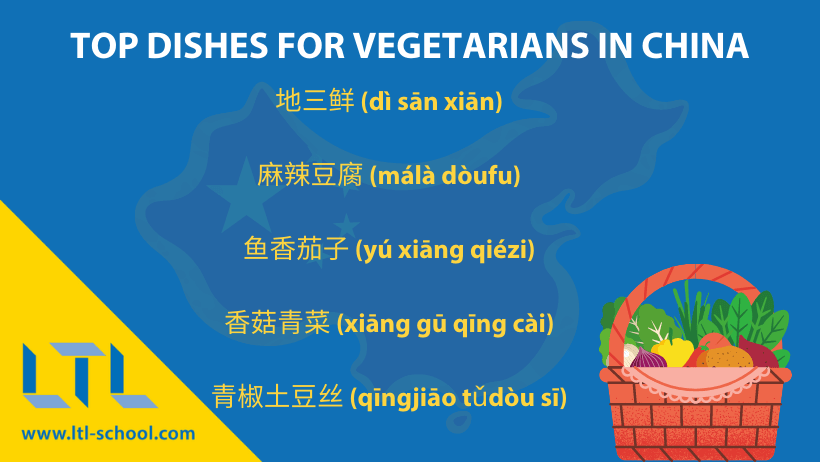
Eating meat in Chinese culture is actually considered a sign of prosperity, hence the consumption of most edible parts of an animal is common – including rabbit heads.
Furthermore, in a lot of vegetable dishes minuscule pieces of meat are frequently used as garnish and people don’t really consider them as meat, but just as a mere decoration.
That’s the reason why, when you specifically ask the waiters for a dish without any animal products, in most cases, they will first reassure you they will follow your wishes.
However, after your food arrives, there’s a really good chance it is just a vegetable dish with some small pieces of meat, eggs etc…
Living in China as a Vegetarian || Top 5 Dishes
Living in China as a Vegetarian || Useful Phrases for Vegans
Living in China as a Vegetarian || Useful Phrases for Veggies
Living in China as a Vegetarian || Veggie Restaurants in Beijing
Living in China as a Vegetarian || Noah’s Story as a Vegan in China
Living in China as a Vegetarian || Meity’s Story as a Pescatarian in China
Living in China as a Vegetarian || FAQs
So here’s the deal Veggies and Vegans
You will be pleased to know that a lot of vegetables are used in Chinese cuisine.
Even though the majority of the population in China is not vegetarian, there are some popular Chinese dishes you can easily find and eat because they are 100% made of food which is of plant origin.
Before we move on with some key vocabulary here are LTL’s top five dishes for a Vegan or Vegetarian in China. Rest assured there are many more great contenders also!
Top 5 Dishes for a Vegan or Vegetarian in China
Let’s see 5 dishes both vegan and vegetarian can eat in China:
1. 地三鲜 (dì sān xiān) – Stir-fried eggplant, chilli and potato braised with soy sauce.
2. 麻辣豆腐 (málà dòufu) – Tofu bean curd flavoured with hot spices
3. 鱼香茄子 (yú xiāng qiézi) – Despite its name which means “fish-fragrant eggplants”, this dish is only made of crispy eggplants covered in a sticky sweet, sour, savoury and slightly spicy sauce.
4. 香菇青菜 (xiāng gū qīng cài) – Green vegetable with mushrooms
5. 青椒土豆丝 (qīngjiāo tǔdòu sī) – Northern dish. Shredded green pepper and potato, lightly salted and fried with oil.
When in China, you might also need to explain that you’re a vegetarian or a vegan as well as needing to specify what you eat and what you don’t.
All you have to do is learn the following expressions to make your life in China much easier:
The Chinese word for vegan is 纯素食者 (chún sù shí zhě) literally “a pure vegetable-ist” or “a pure vegetarian”. The word for vegetarian is 素食者 (sù shí zhě) literally “a vegetable-ist”. The 纯 “chún” (pure) defines the difference between vegan and vegetarian.
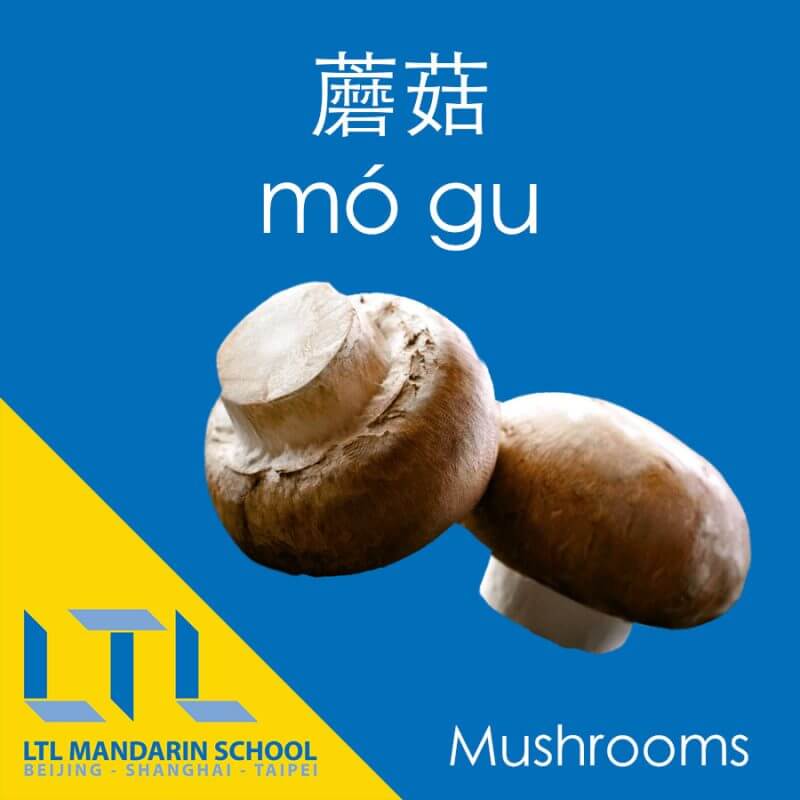
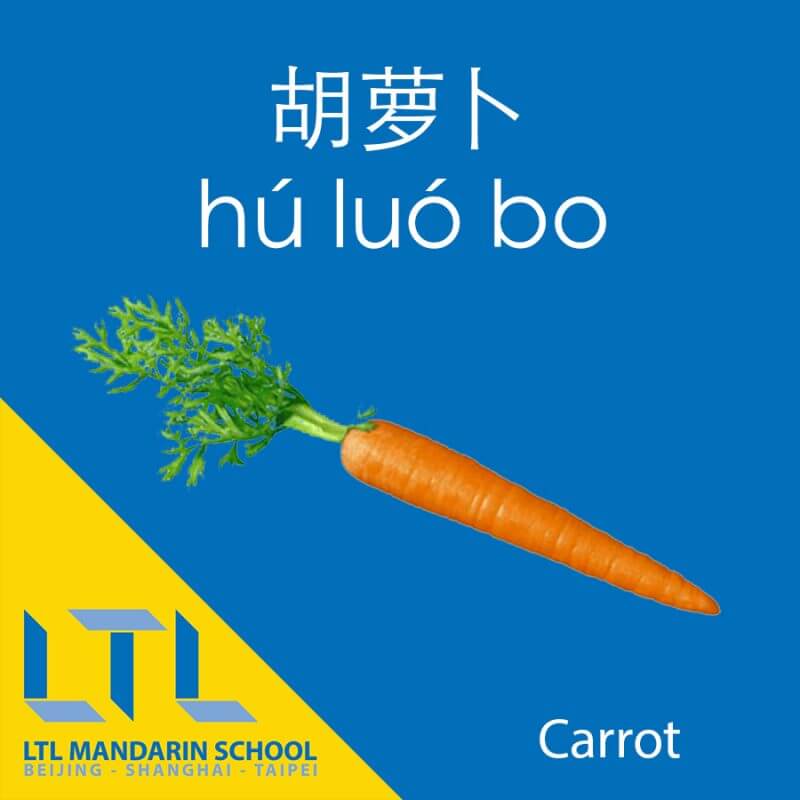
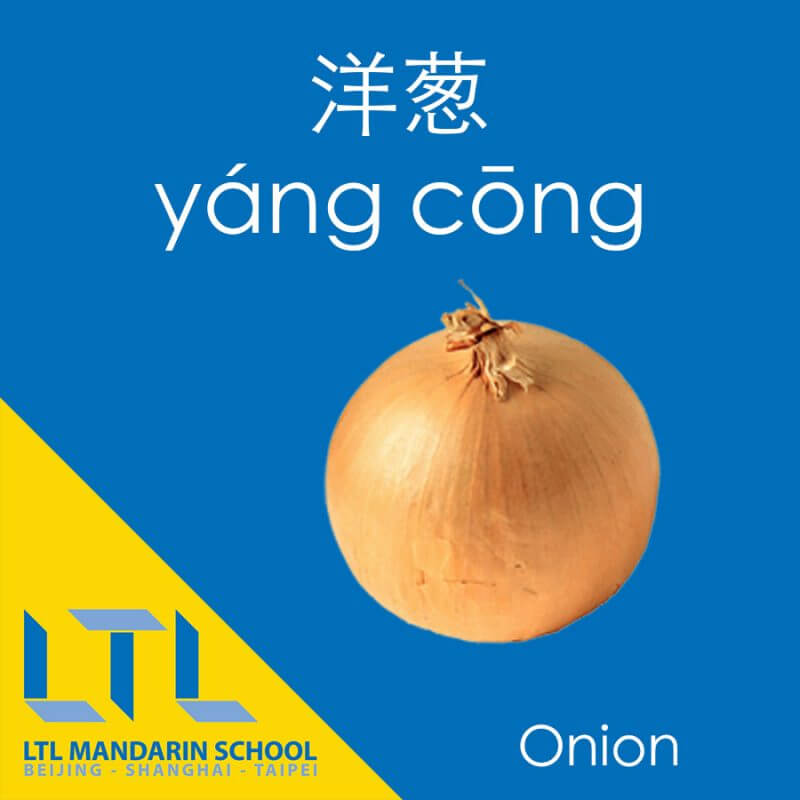
Vegan in China – Useful phrases
I am vegan – 我是纯素食者 (wǒ shì chún sùshí zhě)
I eat only products of plant origin – 我只吃植物性食品 (wǒ zhǐ chī zhíwù xìng shípǐn)
I do not eat meat – 我不吃肉 (wǒ bù chī ròu)
I do not eat fish – 我不吃魚(wǒ bù chī yú)
I do not eat dairy products – 我不吃乳制品 (wǒ bù chī rǔ zhìpǐn)
Vegetarian in China – Useful phrases
I am vegetarian – 我是素食者 (wǒ shì sùshí zhě)
I eat vegetables – 我吃素 (wǒ chī sù)
I don’t eat meat – 我不吃肉 (wǒ bù chī ròu)
I don’t eat fish – 我不吃魚 (wǒ bù chī yú)
Now we are going to take a look at some real life stories of LTL students, past and present.
How did they cope in China as a Vegan or Veggie?
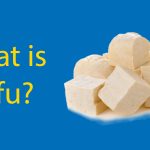
What is Tofu & How is Tofu Made? Your Questions, Answered
Tofu Dishes, How It’s Made & All The Varieties Of Tofu As one of the staples of East Asian cuisine, tofu (豆腐 dòufu) is a food you will definitely encounter on a trip to China. But what is tofu? And how…
Best Veggie Restaurants in Beijing
funnily enough we have another blog dedicated entirely to vegetarian eateries in Beijing so rather than go into detail we will link them all below and you can go and read more about each one by clicking the links!
Veggie Restaurant in Beijing #1 – Vegetiger
Veggie Restaurant in Beijing #2 – Fu Hui Ci Yuan
Veggie Restaurant in Beijing #3 – Veggie Table
Veggie Restaurant in Beijing #4 – Pure Lotus
Veggie Restaurant in Beijing #5 – Best Ease
These are in no particular order and do bear in mind things change quickly in China!
We will do our very best to keep the list up to date for you though.
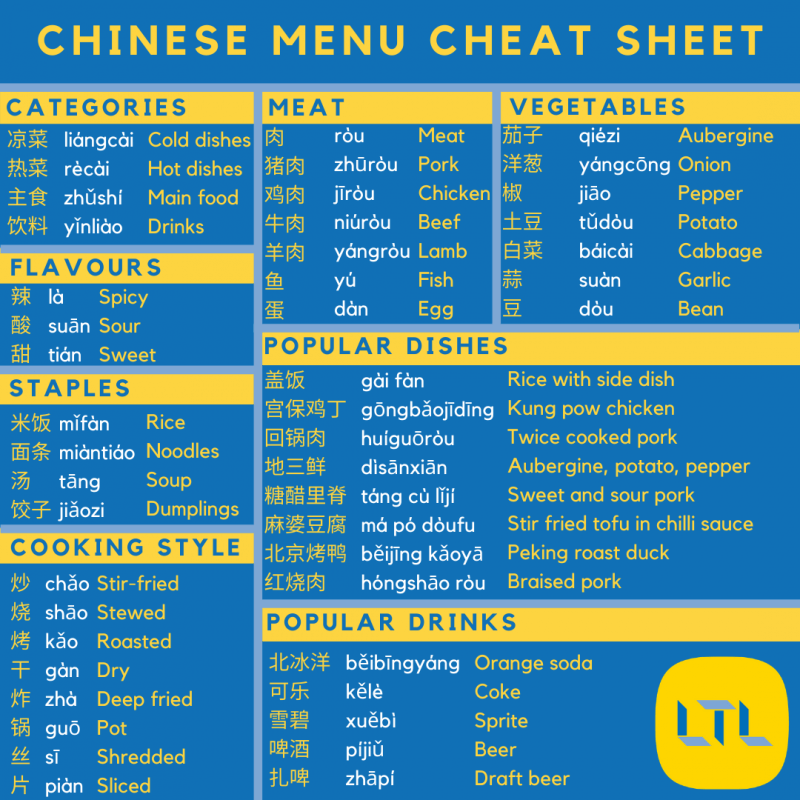
Noah’s Story as a Vegan in China
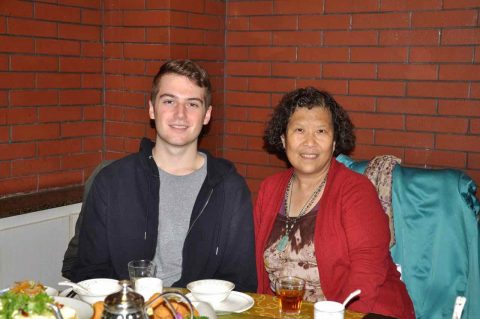
I have to admit that I was worried about coming to China, as I knew Chinese people eat a lot of meat.
At the beginning it was quite hard for me to find suitable food, especially as I could not read many characters on the menu of restaurants or in the supermarket or when shopping in China for food.
Two things that helped me a lot:
Living in a homestay that prepared vegan food for me (so in the morning and evening I did not have to worry about finding something vegan)
Secondly, asking my Chinese friends to show me some vegetable dishes in nearby restaurants.
I knew what I could eat and not. After getting to know the authentic Chinese cuisine, I realized that there are loads of vegetable dishes and yummy tofu. There are even real vegan restaurants that offer fake meat like duck, fish and crabs. Definitely an interesting experience!
MY MAIN TIP: When ordering food in a restaurant, it’s always better to ask twice if it has meat, fish, eggs, milk products etc! Just saying “I am vegan/vegetarian” is often not enough, as this concept is not so common in China.
Thanks to Noah from Germany who studied Chinese with us at LTL for 4 months in total which involved some time in Shanghai and some in Beijing.
Pescatarian in China – Meity’s Story
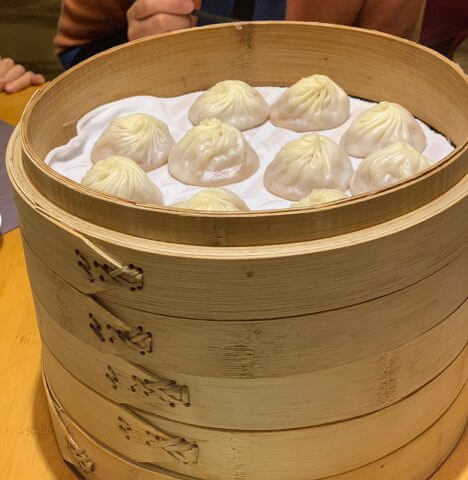
Hello, my name is Meity and I’m doing the 5 weeks of Mandarin Classes at LTL Beijing.
I am a pescatarian who doesn’t eat dairy, which did worry me a little when booking my trip out here.
I was worried about being too shy to raise questions about food or even use my Chinese to ask if something had meat in it.
After only 2 weeks of being here I have realised it’s really not anything to worry about.
Here are my tips I would give to vegetarians, pescatarian or vegans:
1. Write Down Key Phrases on your Phone
Things like “no meat” or “does this have meat in it”. This would be even useful for people with allergies such at nuts.
I would recommend writing down both the pinyin and characters, that way you can say it and if they don’t understand you, they can read the characters.
2. Download the Happy Cow App
This is useful for vegetarians/vegans travelling in general.
It highlights all the local shops and restaurants which are either have veg options or are vegetarian/vegan.
3. Use a Hidden Feature on WeChat
Its called translate which is the most useful thing I’ve learnt so far.
You can take a picture and it will scan the characters and translate it for you. This is super useful for someone like me who doesn’t always have the courage to speak up in busy environments.
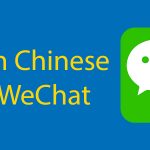
How to Learn Chinese on WeChat 🤔 Is It Possible?
The Complete Guide to Learning Chinese on WeChat (for 2022 & Beyond)! If you’re thinking about moving to China, you should consider installing WeChat (Wēixìn微信) on your smartphone. In fact, let’s re-phrase that – you should absolutely download WeChat on your…
4. Go For a Menu with Pictures
It is also a good idea to know a few basic characters such as “meat” “egg” “ fish” .
Often in Chinese restaurants the descriptions are super long, but if you can just pick out a character like meat or vegetable it will save you a lot of time.
And just so you know:
- 肉 – Meat
- 鸡蛋 – Egg
- 鱼 – Fish
5. If in Doubt, Rice & Veg
If you can’t find anything that’s suitable (hasn’t happened to me yet). You can always order a bowl of rice and some veg.
6. Look into Buddhist Restaurants
They will be your vegan paradise. It’s also a chance to try mock meats.
Being a Veggie in China – Conclusion
The phrases you need to know:
- I’m vegan – 我是纯素食者 (wǒ shì chún sùshí zhě)
- I only eat products of plant origin – 我只吃植物性食品 (wǒ zhǐ chī zhíwù xìng shípǐn)
- I don’t eat meat – 我不吃肉 (wǒ bù chī ròu)
- I don’t eat fish – 我不吃魚(wǒ bù chī yú)
- I don’t eat dairy products – 我不吃乳制品 (wǒ bù chī rǔ zhìpǐn)
- I am vegetarian – 我是素食者 (wǒ shì sùshí zhě)
- I eat vegetables – 我吃素 (wǒ chī sù)
- I don’t eat meat – 我不吃肉 (wǒ bù chī ròu)
- I don’t eat fish – 我不吃魚 (wǒ bù chī yú)
And don’t forget! Chinese food is actually a lot healthier than it’s given credit for. Check out our blog debunking the MSG myths!
Hopefully this post has been of real use to you. Do you have any favourite Veggie dishes we may’ve overlooked?

Let us know.
How do you get by in China as a Vegan or Vegetarian? Tell us and share your experiences below in our comment section.
We’ve also got plenty more veggie based content which includes:
- Living in Singapore as a Vegetarian
- The very best Veggie street food in Shanghai
- Living in Taiwan as a vegan or vegetarian – how does it compare to mainland China?
That’s not all either. Stuck with a food allergy?
Follow our blog on how to say Allergies in Chinese or Danger Zones for if you have a peanut allergy.
Veggie and Vegan in China || FAQs
Can I survive in China as a Vegan or Vegetarian?
Yes! It’s really not as much of a struggle as you may think.
There are so many great dishes to choose from. Some basic knowledge of Chinese will also help you get by even easier but it really isn’t the problem many believe it to be.
What are some popular Vegan or Vegetarian dishes?
1. 地三鲜 (dì sān xiān) – Stir-fried eggplant, chilli and potato braised with soy sauce.
2. 麻辣豆腐 (málà dòufu) – Tofu bean curd flavoured with hot spices
3. 鱼香茄子 (yú xiāng qiézi) – Despite its name which means “fish-fragrant eggplants”, this dish is only made of crispy eggplants covered in a sticky sweet, sour, savoury and slightly spicy sauce.
4. 香菇青菜 (xiāng gū qīng cài) – Green vegetable with mushrooms
5. 青椒土豆丝 (qīngjiāo tǔdòu sī) – Northern dish. Shredded green pepper and potato, lightly salted and fried with oil.
What if I cannot read the characters on a Chinese Menu?
There is no magic solution here.
The key is to learning some basic, important characters like meat, rice, noodles etc.
If you cannot eat meat and you see the 肉 character, that’s an immediate red flag.
The best way to decode a Chinese menu is to ask the staff and learn those important phrases which, once you get two or three sentences down, you should be fine.
I am vegetarian – 我是素食者 (wǒ shì sùshí zhě)
I don’t eat meat – 我不吃肉 (wǒ bù chī ròu)
Are there specific restaurants for Vegan’s and Veggie’s to visit?
Yes there are plenty but of course it depends on the city.
The smaller the city, the harder they are to find but with a bit of research you will have no problem.
In the Tier 1 cities like Beijing, Shanghai, Guangzhou and Shenzhen you’ll have a whole host to choose from.
Some examples in Beijing include:
Should I be worried about small traces of meat in a dish?
There are some instances where, even ordering a vegetarian dish, they still have small traces of meat.
The best way around this is to tell the staff before eating, you do not eat meat at all by using this – I don’t eat meat – 我不吃肉 (wǒ bù chī ròu).
For example, if you have a peanut allergy, best to make them aware before ordering just in case.
Does everyone in China eat meat?
A large percentage of the population do yes, but as awareness grows and China becomes more accustomed to Western methods there are a number of the population who are also vegetarian and vegan.
It will be no surprise if you meet a number of them whilst you are in China. It’s also a great talking point and a good way to find out other local places to enjoy Vegan/Vegetarian food.
Want more from LTL?
Want to learn Chinese from the comfort of your own home? Then our 24/7 online Chinese lessons might be the thing for you.
We offer a 7 day free trial to all new online students where you can study Mandarin 24/7.
Come and check it out free of charge and see what you think!
If you wish to hear more from LTL Language School why not join our mailing list?
















 Hi, my name is Manuel! I am from Spain and I am a Student Advisor at LTL. I’m now based at our Seoul School after living 3 years in Taipei.
Hi, my name is Manuel! I am from Spain and I am a Student Advisor at LTL. I’m now based at our Seoul School after living 3 years in Taipei. Hi, my name is Mojca! I am from Slovenia in Europe and I work as a student advisor at our Shanghai school.
Hi, my name is Mojca! I am from Slovenia in Europe and I work as a student advisor at our Shanghai school.


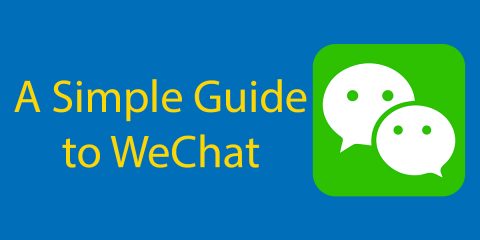

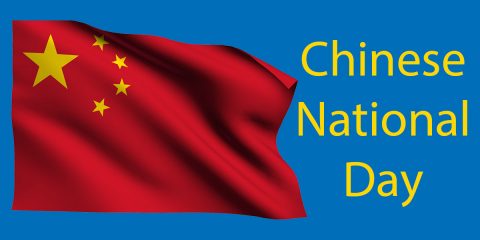
16 comments
[…] up are some must try vegetarian […]
麻辣豆腐 (málà dòufu) has to be the best veggie dish. Practically lived off this for my 3 months in China!
Fine choice, Veggie or not, this is a dish we can all admire!
[…] don’t worry if you’re vegetarian or vegan, we’ve got you covered […]
[…] TÄMÄN artikkelin aiheesta ja netti on täynnä muitakin resursseja Kiinassa kasvissyöjänä […]
[…] you are a vegetarian or a vegan, you can imagine that sometimes it can be very difficult to find restaurants catering to […]
[…] and chili. Sometimes a few bits of pork are also added to the noodles, so if you’re vegetarian or vegan be sure to double check if there is meat or […]
[…] is especially useful if you specifically want to order a certain type of meat, or if you’re a vegetarian (like me!) and you want to avoid […]
[…] Vegetarian […]
[…] Mandarin tip: Expressing that you are vegetarian or vegan can be difficult in China. A good way to be understood is to say you are Buddhist (佛教) fó […]
[…] is also a great spot for any vegans of vegetarians as they have a number of vegetarian pizzas on offer, that can also have the option of being made […]
[…] porc étant de loin la protéine la plus populaire en Chine, des entreprises comme Beyond Meat, qui se sont jusqu’à présent concentrées sur les substituts alimentaires occidentaux, vont […]
[…] corner also has a 44 minute video where the host takes a walk through a Chinese wet market (vegetarians beware – it is a real life Chinese wet market), which gives you an explosion of new […]
Hello. I have been reading this blog for three days and it is super helpful. You wrote about every single thing I will need to do. Thank you so much for the effort you put into this. Greatly appreciated.
We're glad you found the blog helpful! Have the best time in China 🙂
It’s best to find food at a Buddhist temple or nearby - most Chinese Buddhist eat no animal products, onions or garlic. The food is generally delicious too - prepared with care and attention.